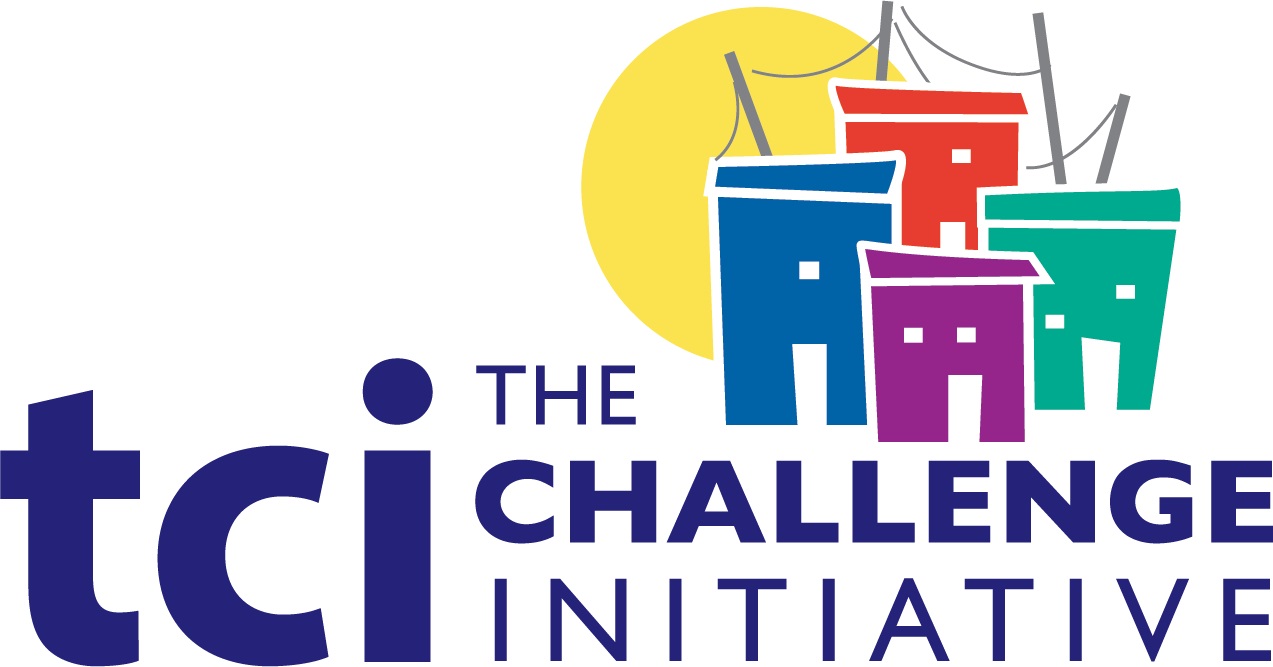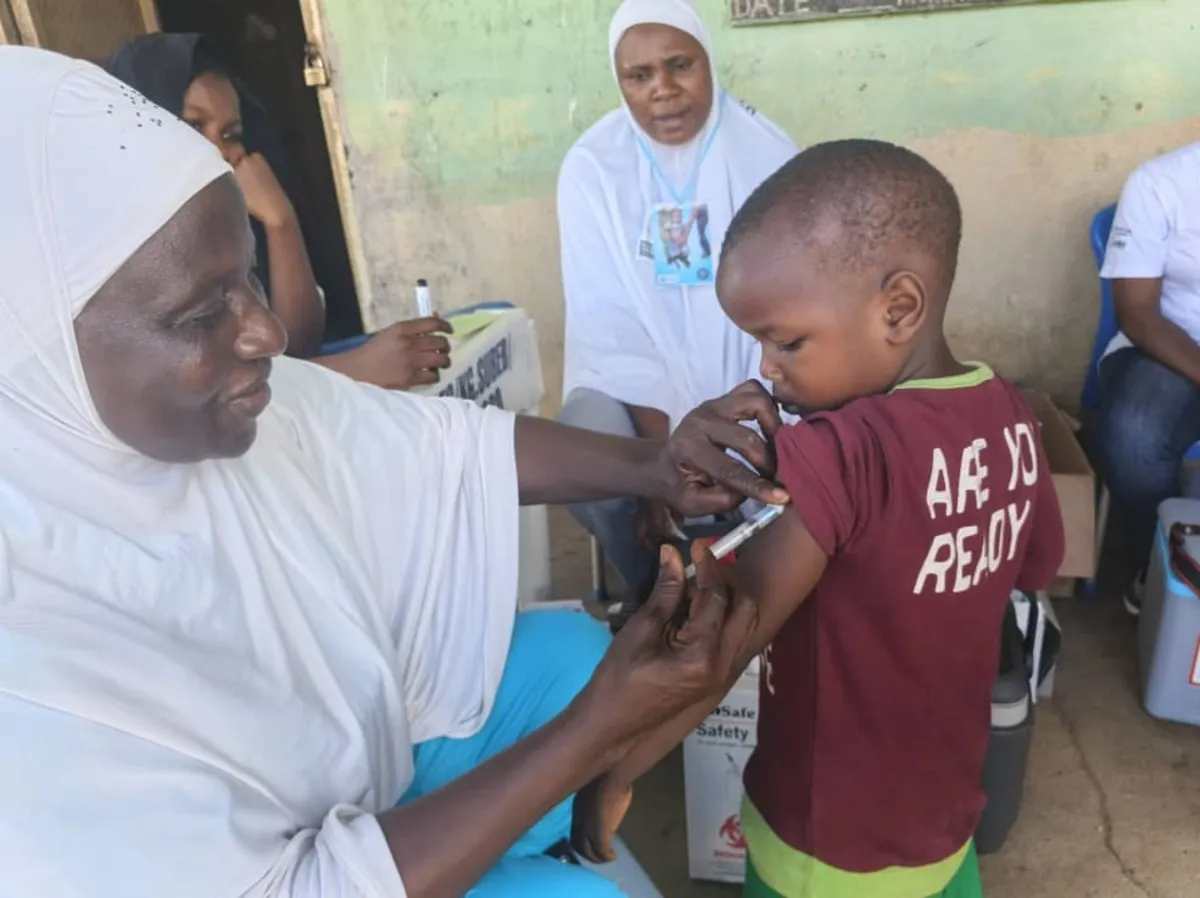The Federal Government has restated its commitment to preserving and scaling the gains of The Challenge Initiative (TCI) model to ensure lasting improvements in urban health and family planning across Nigeria.
Dr. Binyerem Ukaire, Director and Head of the Family Health Department at the Federal Ministry of Health and Social Welfare, made this known on Tuesday in Abuja during the TCI Nigeria Next-Gen National Dissemination Meeting.
She described the TCI model as a sustainable, state-led approach built on local ownership, accountability and continuity in providing family planning and reproductive health services.
“The TCI model is very sustainable — a free model that promotes state-based investment and ensures that the right services and information reach those who need them most,” she said, commending the TCI Nigeria team led by Dr. Taiwo Johnson.
Ukaire added that although TCI has concluded its programme phase, its impact would continue through strengthened systems, domestic resource mobilisation and government leadership.
She reaffirmed the ministry’s dedication to reproductive, maternal, newborn, child and adolescent health (RMNCAH), stressing that family planning is central to achieving human capital development and sustainable growth.
“Without family planning, we will not achieve human capital development or sustainable growth. Family planning is critical and must be implemented the right way.”
Chairperson of the Senate Committee on Health, Sen. Ipalibo Banigo, also pledged legislative support to enhance funding and oversight of reproductive health and family planning programmes nationwide. She revealed that the National Assembly approved a ₦2 billion counterpart fund for family planning commodities in the 2024 budget.
She urged state governments to replicate this commitment to ensure no woman or girl is left behind.
TCI Nigeria Project Director, Dr. Taiwo Johnson, said the initiative had strengthened state-level leadership and ownership, with many states now investing in family planning and scaling evidence-based interventions. She clarified that sustainability meant a transition from direct project implementation to technical coaching and partnerships.
Global Director of TCI, Dr. Kojo Lokko, praised Nigeria for demonstrating leadership and ownership in sustaining reproductive health initiatives beyond donor support.
“TCI was never meant to be a forever project. It was designed to empower governments to take the lead, build systems that outlive donor cycles, and make family planning an integral part of health governance,” he said.
Lokko highlighted that Nigeria’s move from donor dependence to state-led investment reflects true sustainability and serves as a global model.
He appreciated the support of the Bill & Melinda Gates Foundation, Bayer Foundation and other development partners, while calling for continued collaboration among governments, donors and civil society.
The event marked the close of the Next-Gen phase of the TCI programme, which has supported Nigerian states in expanding access to quality family planning and reproductive health services through data-driven, government-led approaches.





